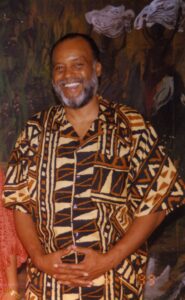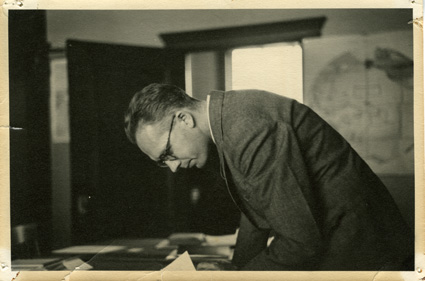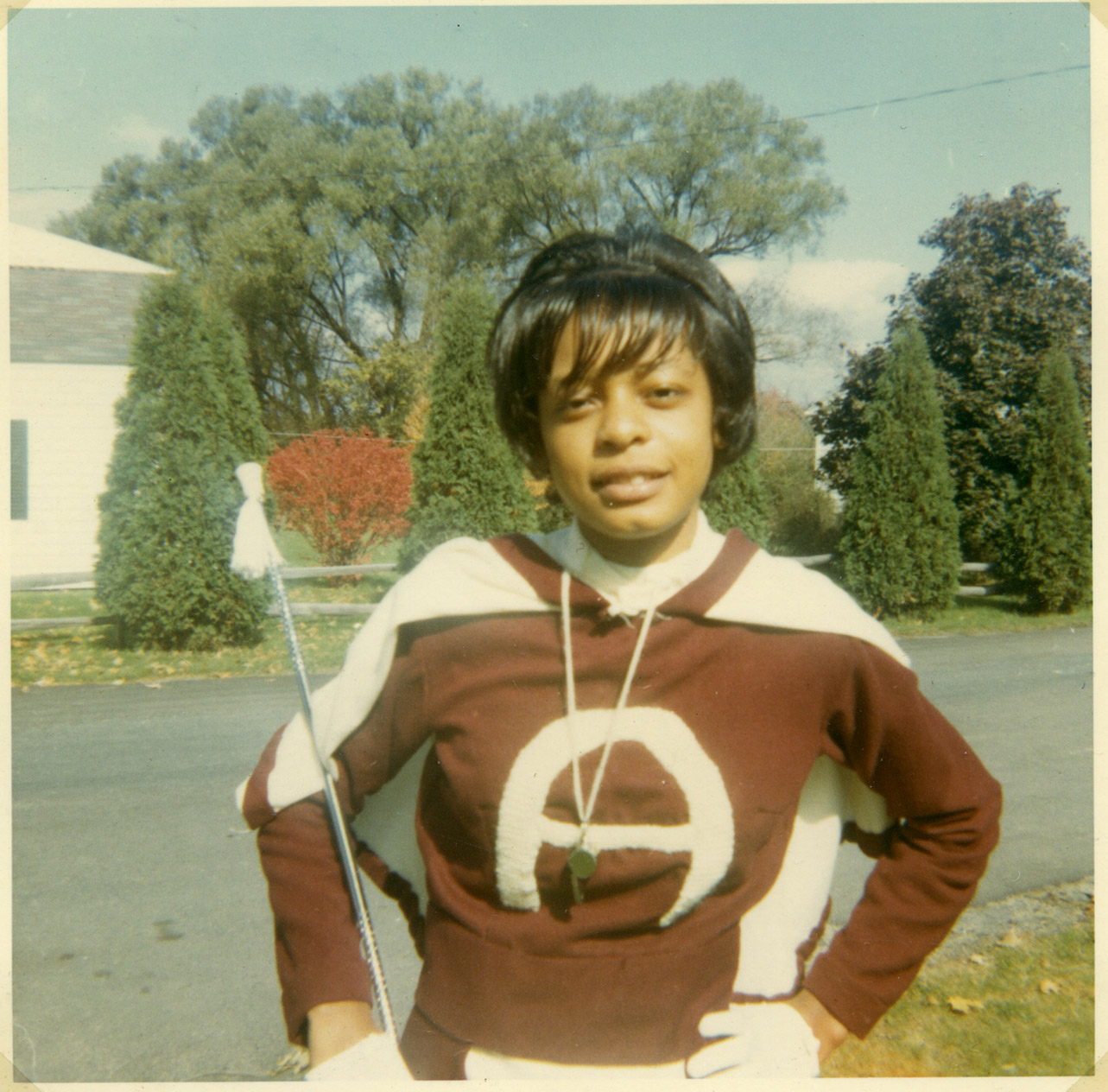Historic Burying Grounds Initiative Collection
With the approach of the American Bicentennial in 1976, concern grew among historic preservationists in Boston that the city’s old cemeteries and grave markers were showing the damage of many decades of harsh weather and poor maintenance. Led by the Boston Parks and Recreation Department, the Boston Landmarks Commission, and The Bostonian Society, with the collaboration of the Massachusetts Historical Commission, and the Association for Gravestone Studies, among others, the Historic Burying Grounds Initiative was established to develop a plan to inventory over 15,000 markers and assemble a master plan (1985, updated 1998) to care for the cemeteries in the long term. Supported by both public and private funds, the HBGI focused initially on stabilization, preservation, and restoration of historic artifacts, tomb structures, and retaining walls, and their efforts continue today.
The HBGI Collection contains reports and inventories from the first phase of work carried out by the Initiative, focusing on the Dorchester North, Central, Copp’s Hill, Eliot, Granary, Kings Chapel, and Phipps Street Burying Grounds. The collection also contains two editions of the Manual for Preservation prepared by the HBGI.




